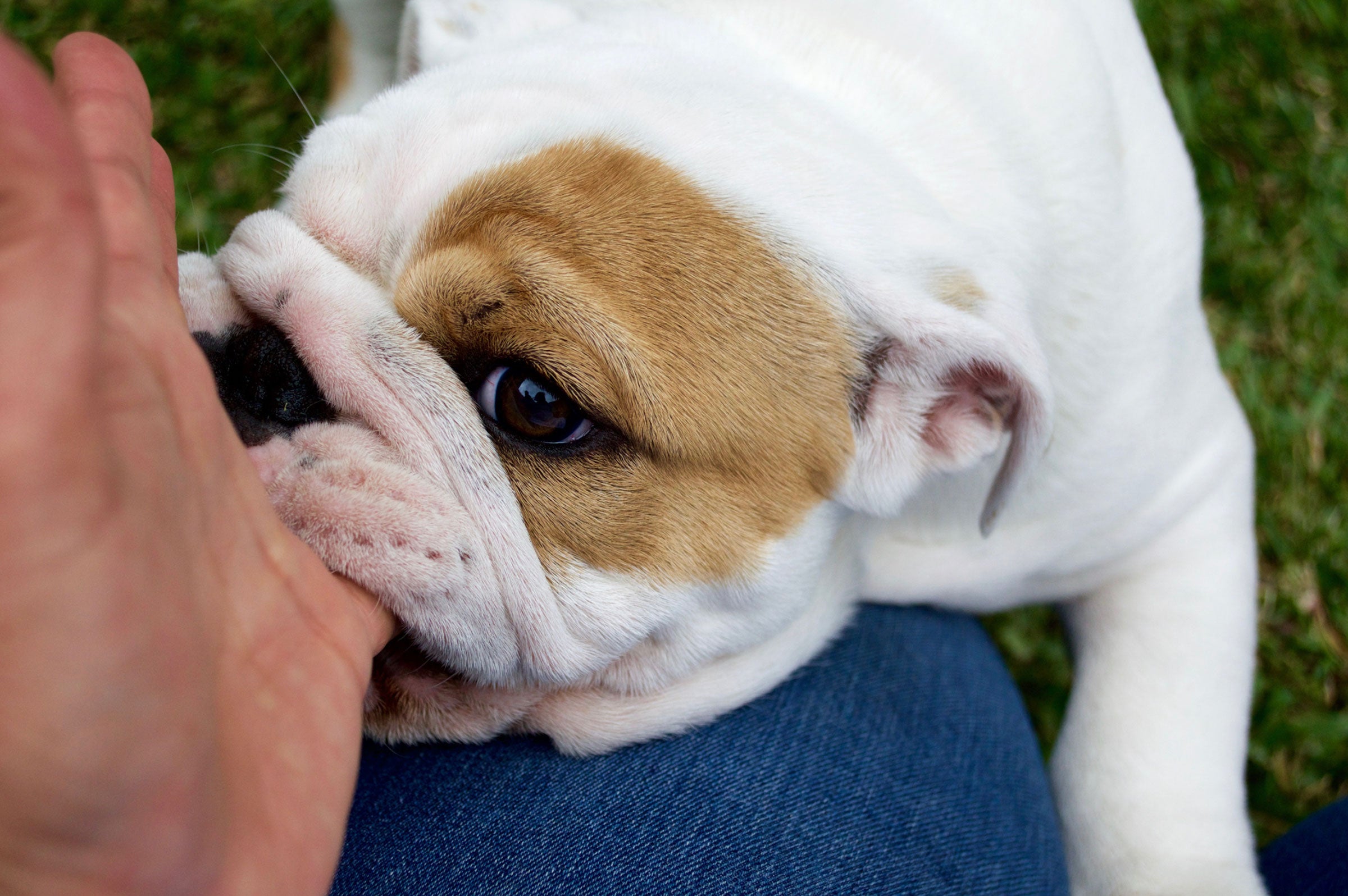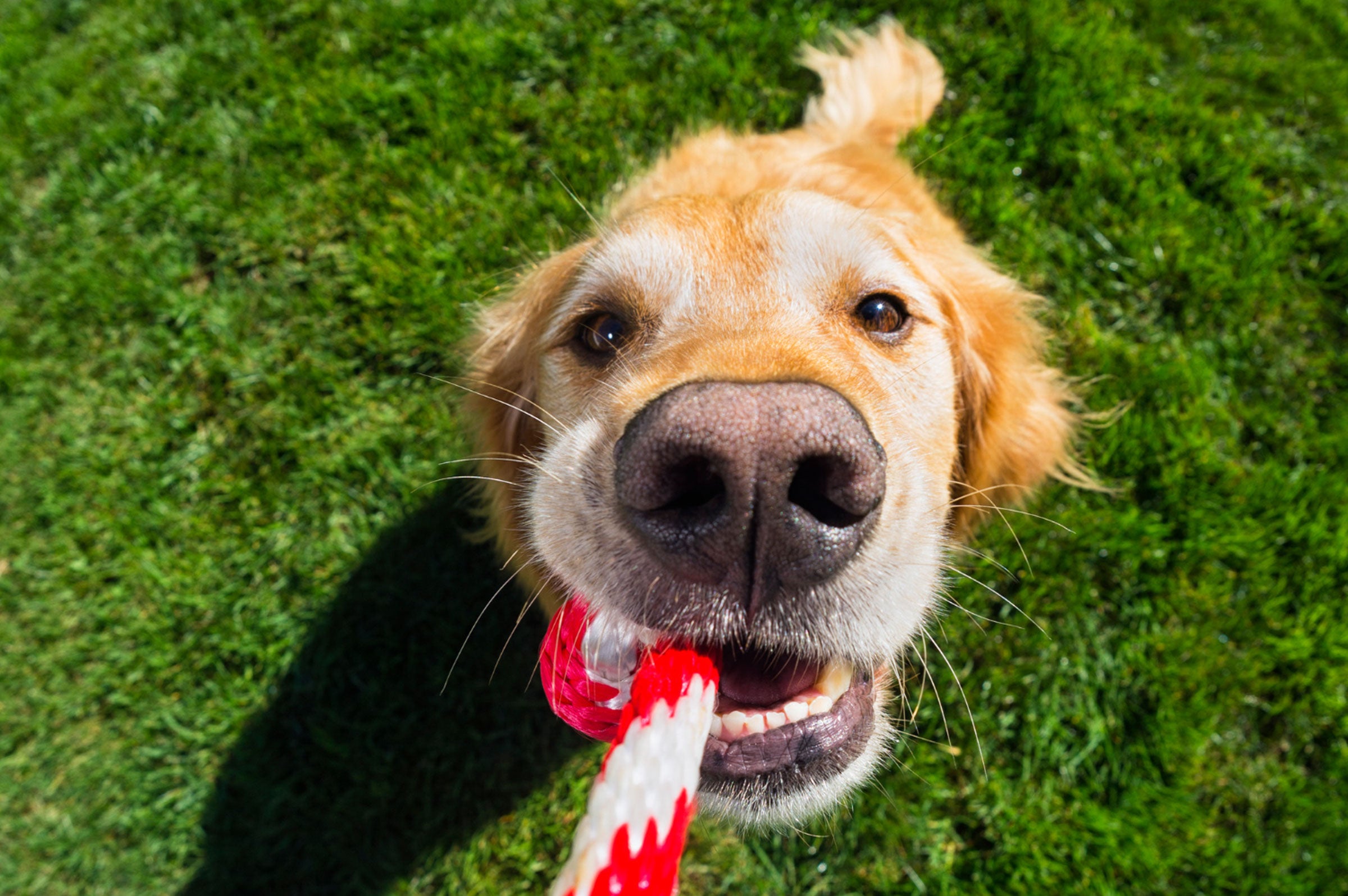Destructive behaviors like chewing and pulling out their own hair can be distressing for both dogs and their owners. These behaviors may indicate underlying issues ranging from boredom to more serious health concerns. Understanding the root causes and implementing effective strategies can help mitigate these behaviors, ensuring your dog's happiness and health.
Identifying the Causes
The first step in addressing your dog's destructive behaviors is identifying the possible causes. Boredom, anxiety, and skin irritations, including ticks and fleas, are among the most common triggers. Dogs often chew or pull out their hair when they're not getting enough physical or mental stimulation.
Similarly, anxiety—whether from separation, environmental changes, or general nervousness—can lead them to engage in these behaviors as a coping mechanism. Additionally, skin issues due to allergies, parasites, or infections can cause discomfort, leading dogs to chew or pull out hair in an attempt to alleviate the irritation.
Physical and Mental Stimulation
Increasing both physical and mental stimulation is a crucial strategy in curbing destructive behaviors. Regular exercise tailored to your dog’s breed and age can significantly help. Engaging your dog in activities like walking, running, or fetching can expend excess energy that might otherwise be directed towards destructive behavior. Mental stimulation can be just as important. Puzzle toys, training sessions, and regular playtime can keep your dog’s mind active and reduce boredom.
Addressing Anxiety and Comfort
For anxiety-related issues, establishing a routine can provide your dog with a sense of security and reduce stress. Consistent feeding times, exercise, and quiet time can help stabilize their environment. Additionally, consider anxiety-reducing products such as calming collars, anxiety vests, or diffusers that release dog-appeasing pheromones. If these strategies do not seem to help, consulting a veterinarian or a professional dog behaviorist might be necessary to address deeper anxiety issues.
Medical Issues
It's important to rule out any medical causes of your dog's behavior. When your dog’s skin is itchy from allergies, or has irritated welts from flea bites, they will inevitably chew on their fur until it’s gone! A visit to the veterinarian can determine if there are any allergies, skin infections, or parasites contributing to the discomfort. Treatment may involve medications, changes in diet, probiotics for seasonal or food allergies, or specialized shampoos that can help protect them against pests, and soothe the hot spots causing your dog to chew or pull out their hair.
Consistency and Patience
Finally, consistency in your approach is key. It may take time to see improvements, so patience and consistency in applying these strategies are crucial. Regularly engage with your dog, maintain routines, and keep stimulating their mind and body. Monitoring your dog's behavior and adjusting strategies as needed can lead to a successful resolution of these distressing behaviors.
In addressing your dog’s destructive chewing and hair pulling, it's essential to understand that these behaviors are often symptoms of larger issues. By tackling the root causes, whether they be medical, emotional, or environmental, you can help your dog lead a healthier and happier life. Once you have ruled out medical issues that need to be treated by a veterinarian, calming supplements may help with your dog's anxiety. Keep an eye out on our products page for our new calming supplement, coming soon!











